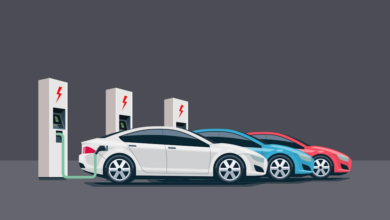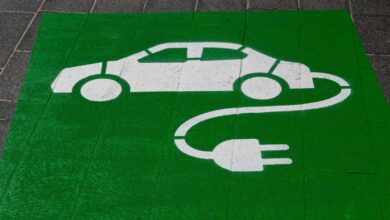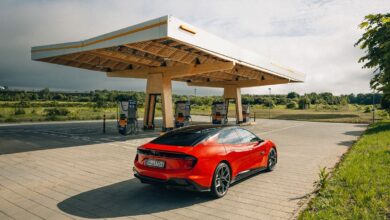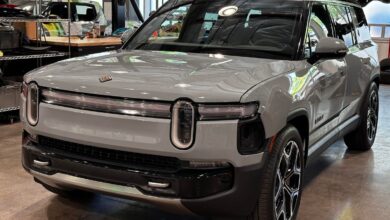Virginia To Exit California EV Mandate By End of 2024

Yesterday, Governor Glenn Youngkin and Attorney General Jason Miyares announced Virginia will exit the California Air Resources Board (CARB)’s Advanced Clean Cars Program (ACC) electric vehicle mandate on December 31, 2024.
“Once again, Virginia is declaring independence – this time from a misguided electric vehicle mandate imposed by unelected leaders nearly 3,000 miles away from the Commonwealth,” Governor Glenn Youngkin said in a press release. “The idea that government should tell people what kind of car they can or can’t purchase is fundamentally wrong. Virginians deserve the freedom to choose which vehicles best fit the needs of their families and businesses. The law is clear, and I am proud to announce Virginians will no longer be forced to live under this out-of-touch policy.”
In March 2021, Virginia entered the Advanced Clean Cars I (ACC I) iteration of CARB when then-Governor Ralph Northam signed a bill into law initiating membership. This meant that 22% of new cars sold by 2024 must be EVs. Seventeen states—including Virginia—and Washington, D.C. currently adhere to California’s vehicular standards.
A memo from Virginia Secretary of Natural Resources Travis Voyles explained ACC II, adopted after Virginia’s 2021 entry into ACC I, mandates that 35% of new vehicles sold in Virginia, starting with Model Year 2026, be EVs and a failure to comply would incur $20,000 in penalties per car sold—up from the $5,000 penalty under ACC I.
As laid out in the Attorney General’s opinion, Virginia can formally exit the program by year’s end because the Virginia Air Resources Board didn’t adopt ACC II standards. This means Virginia will solely comply with federal standards—not California’s—starting January 1, 2025.
Under existing CARB ACC II standards, 100% of vehicles sold by 2035 must be EVs. This standard is stricter than the Environmental Protection Agency (EPA)’s finalized tailpipe rule which mandates 67% of new cars sold in 2023 to be electric.
Virginians, like other Americans, aren’t warming up to EV mandates—whether they originate from California or the EPA’s rule for light and medium-duty cars. A January 2024 poll found most Virginia residents—almost 60%—oppose remaining tied to California’s EV mandate. And the Department of Energy reports there are only about 56,000 EVs on the road here in the Old Dominion State.
As I recently noted here at IWF, the Left’s EV agenda—especially on the federal level—has hit major roadblocks.
In 2021, the Federal Highway Administration was given $7.5 billion to construct 500,000 electric vehicle (EV) charging stations by 2030. But only eight have been built as of May 2024.
…
The $7.5 billion grant originates from the Bipartisan Infrastructure Law passed in November 2021. $5 billion of that $7.5B reportedly was awarded to “states as ‘formula funding’ for the National Electric Vehicle Infrastructure program.”
In November 2023, POLITICO reported that zero charging stations had been built. In March 2024, it was reported that a mere seven charging stations across four states had gone online.
The Golden State and the Biden administration would be wise to pump the brakes on their respective EV mandates. Yet they continue to double down here despite opposition from over 5,000 car dealers and polling consistently showing most Americans aren’t ditching their gas-powered cars for environmentally questionable EV alternatives.
Consumers, including those here in Virginia, should ultimately decide the best cars for them and their families. IWF Center for Energy and Conservation applauds this decision from the Youngkin administration.



